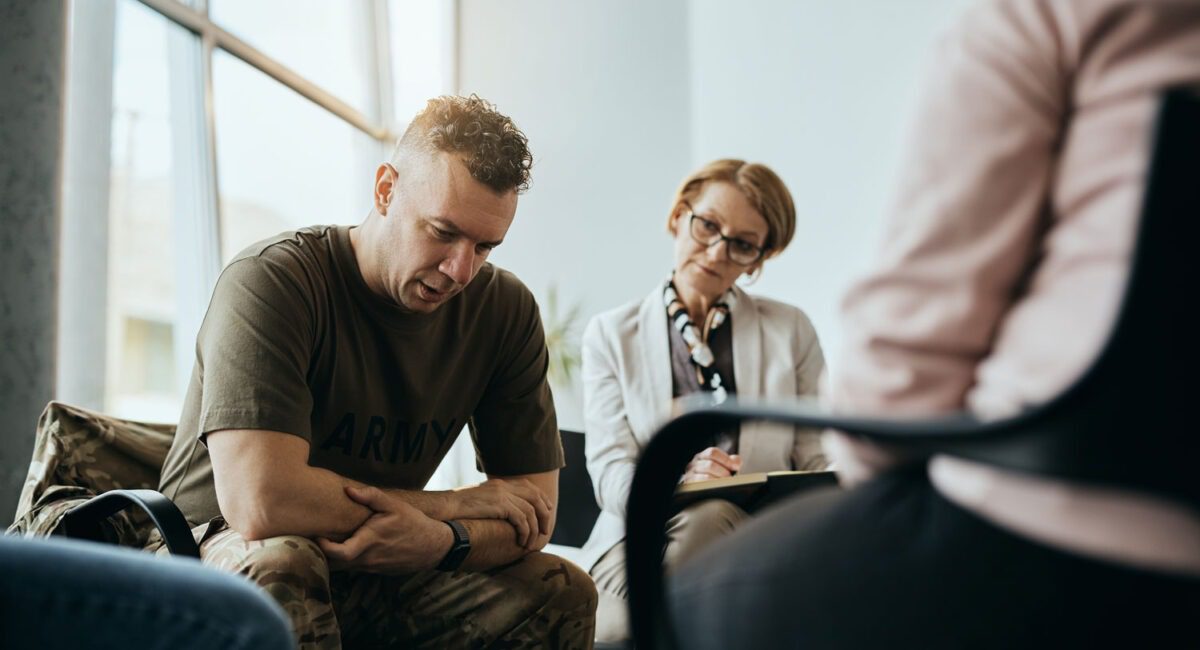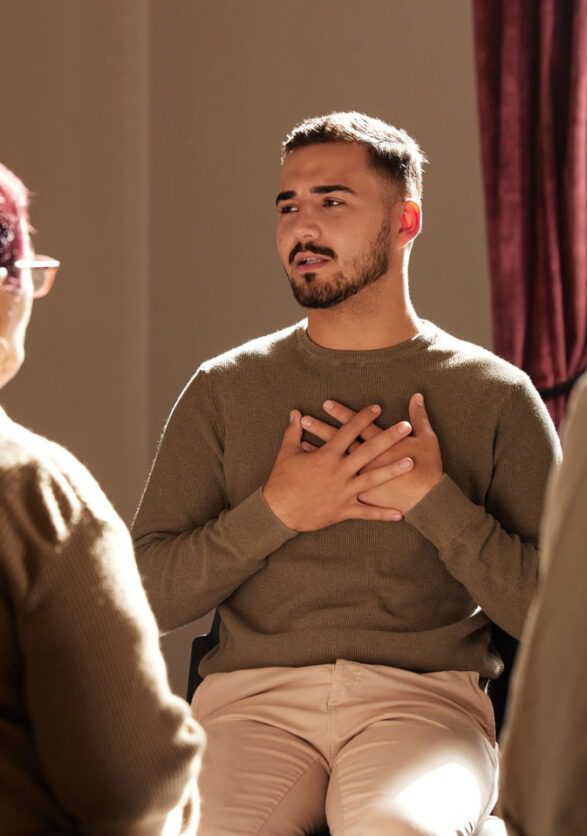Medical Education For Patients and Families
Psychoeducation Therapy At Paramount Wellness
Treatment is most effective when supported by patient and family education. By equipping you and your support circle with valuable information and practical resources, you will be empowered to safely navigate your recovery journey with greater autonomy.
The Psychoeducation Therapy program at Paramount Wellness is designed to enhance the treatment experience and provide a foundation for lasting recovery.
What is Psychoeducation Therapy?
Initially developed to treat patients with schizophrenia, Psychoeducation Therapy brings together critical components of other interventions to provide patients and loved ones with the knowledge needed to facilitate the best possible outcome.[1] By combining the principles of Cognitive Behavioral Therapy (CBT) and Group Therapy with education, patients are better equipped to support their recovery.
During Psychoeducation sessions, patients and families will learn more about mental health, substance use disorders, or a dual diagnosis and what to expect. From the nature of the disorder and its possible causes to the natural progression, potential impact, outlook, and how its treated.[2]
Could you or someone you know need Psychoeducation Therapy?
Reach out today.
The Process of Psychoeducation In Therapy
This component of the holistic therapy process could begin as early as the medical detox stage and continue throughout the inpatient treatment timeline. During individualized treatment planning, psychoeducation will be scheduled as part of daily and weekly sessions that could also include Cognitive Behavioral Therapy, Acceptance and Commitment Therapy (ACT), or Biofeedback sessions.
Psychoeducation takes place primarily in group settings, though it could also be incorporated into small, family unit therapy sessions or family programming. Every patient’s treatment plan is customized to their individual needs in order to ensure the best possible outcome.

The Components of Psychoeducational Therapy
The goal of psychoeducation is to inform and equip you about the disorder(s) you face. During group psychoeducation sessions, participants will progress through four primary components of treatment:[3]
- Education about the disorder itself
- Problem-solving skills
- Communication training
- Self-assertiveness development
Through this process, you will be equipped to develop healthier patterns that enhance your personal well-being.
The Goal Of Psychoeducational Treatment
Our society suffers from information overload. While it sounds like a positive thing, it comes with a hidden weakness. With the sheer volume of information available, it can be overwhelming to even try to understand what’s going on.
In addition, there is an abundance of wrong, unhelpful, or potentially dangerous information mixed in with the correct information. When addressing a substance use disorder or dual diagnosis, there is comfort and peace of mind that comes with receiving accurate, helpful, and practical information directly from a trusted source.
Psychoeducational interventions are designed to ensure patients and family members are equipped with basic knowledge to increase their own competence in facing mental illness or substance abuse. During individual and group sessions, you will gain insights into the disorder and learn problem-solving skills for relapse prevention.
Another critical component of Psychoeducation is an increased awareness of emergency planning and suicide risk. Our mental health professionals will leverage a blend of psychotherapy and self-help to create a launch pad for a healthy, sober future and an improved quality of life.

How (and Why) Psychoeducation Therapy Works
Psychoeducational groups are where patients and their family members learn the mental, emotional, physical, psychological, and lifestyle consequences of substance use or other harmful behaviors. This information is designed to be uniquely applicable to each individual’s life.
Armed with this education, you can develop greater self-awareness and a stronger understanding of the impact of your behaviors. This will inspire you to navigate life in a healthier way.
Many patients exhibit long-term reduced intake of substances after participation. In a psychoeducation study for patients with a dual diagnosis, all exhibited reduced drug and alcohol use after nine months in the group setting. [6]

What’s the Best Way to Find Psychoeducational Groups Near Me?
As a necessary element of long-term recovery, psychoeducational groups for addiction and mental health often have a significant and lasting impact. One of the most effective ways to find the best treatment center for you is to get a referral from your physician or therapist.
You can also search for an accredited recovery center through the Substance Abuse and Mental Health Services Administration (SAMHSA) website or by contacting the addiction helpline.
Paramount Wellness is here for you. We’re eager to get to know who you are and help you become who you want to be. Call today to learn more about the treatment process.

What We Treat With Psychoeducation Counseling
Cost of Psychoeducation Therapy
The cost of psychoeducation therapy depends on each patient’s individual needs. It could be offered as a standalone intervention in some cases but is most effective when integrated with an inpatient treatment program. The cost also varies depending on insurance coverage and the duration of your treatment plan. To learn more about the cost of your treatment, verify your insurance.
Psychoeducational Groups For Substance Abuse

Benefits of Psychoeducational Groups
The various types of group therapy have long been a critical component of substance abuse treatment. One of the most significant is Psychoeducation, where patients and families like you find teaching and support that allows them to navigate post-treatment life safely.[4]
Based on medical studies and industry research, the Substance Abuse and Mental Health Association determined Psychoeducational therapy to be beneficial in a number of group types, including:[5]
- Anger management
- Trauma and Abuse
- Early Recovery
- Substance Abuse Education
- Family Roles
- Health and Wellness
We’re Glad You’re Here! Take The First Step In Recovery Today.
We’re eager to meet you and help you succeed in your recovery journey. Contact us today to start now.